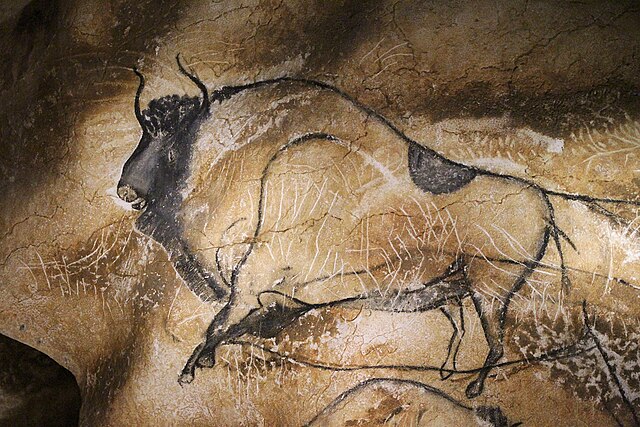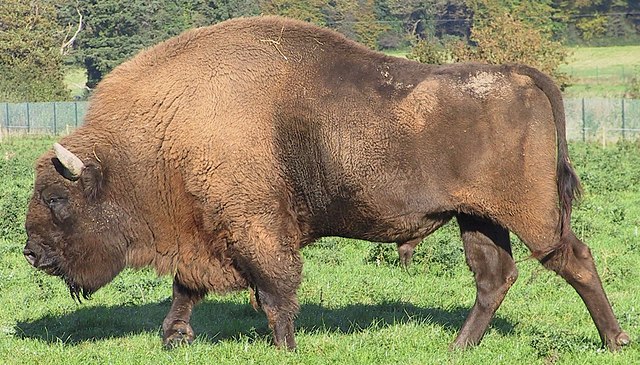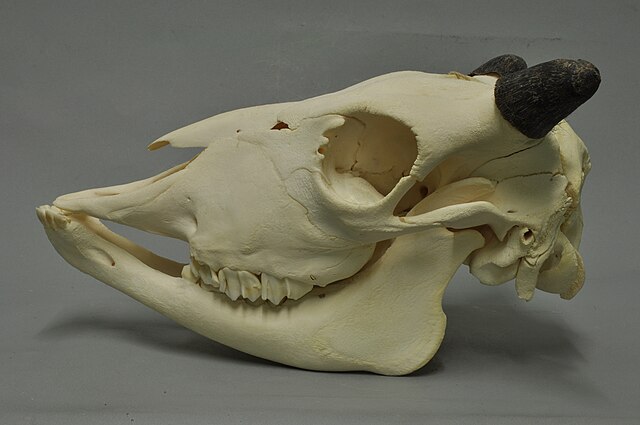Kent Wildlife Trust (KWT) is a conservation charity in the United Kingdom that was founded in 1958, previously known as the Kent Trust for Nature Conservation. It aims to "work with people to restore, save and improve our natural spaces" and to "ensure that 30% of Kent and Medway – land and sea – is managed to create a healthy place for wildlife to flourish". In 2023, they have reported over 30,000 members and an annual income of £8 million. KWT manages over ninety nature reserves in Kent, of which thirty-seven are Sites of Special Scientific Interest, three are national nature reserves, five are Special Areas of Conservation, four are Special Protection Areas, six are local nature reserves, thirty-eight are in Areas of Outstanding Natural Beauty and one is a scheduled monument.
Pegwell Bay, which is part of Sandwich and Pegwell Bay nature reserve, may have been the site of Julius Caesar's landing in Britain in 54 BC.
Image: The pond in the Warren geograph.org.uk 1309119
Image: Bigbury Camp hillfort 03
Image: Bluebell Hill view point geograph.org.uk 56032
The European bison or the European wood bison, also known as the wisent, the zubr, or sometimes colloquially as the European buffalo, is a European species of bison. It is one of two extant species of bison, alongside the American bison. The European bison is the heaviest wild land animal in Europe, and individuals in the past may have been even larger than their modern-day descendants. During late antiquity and the Middle Ages, bison became extinct in much of Europe and Asia, surviving into the 20th century only in northern-central Europe and the northern Caucasus Mountains. During the early years of the 20th century, bison were hunted to extinction in the wild.
European bison
European bison
Side view of a European bison bull
Skull of a European bison








